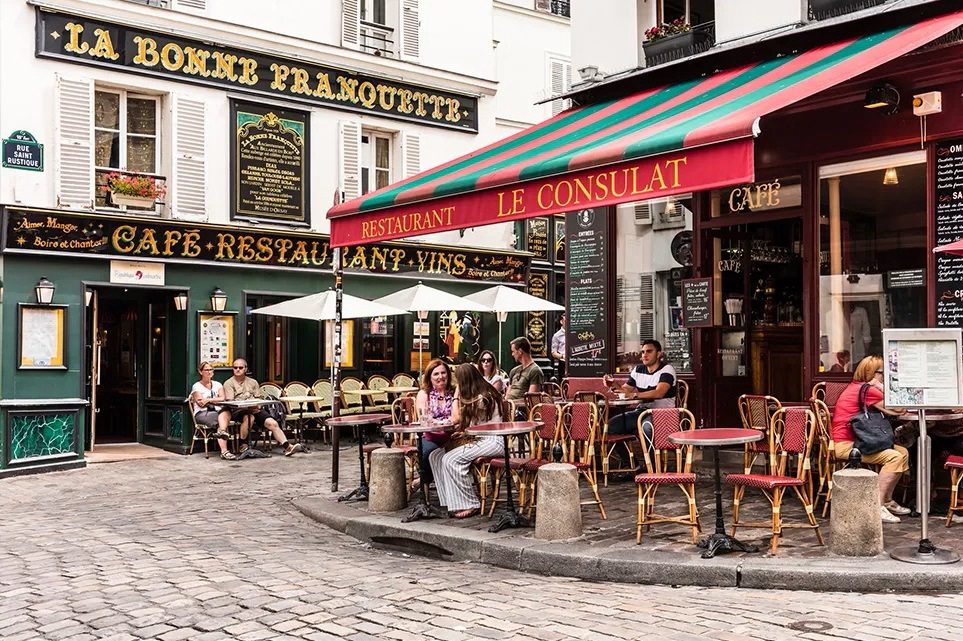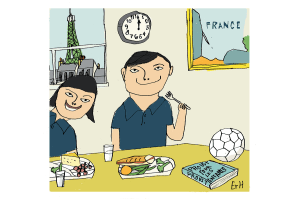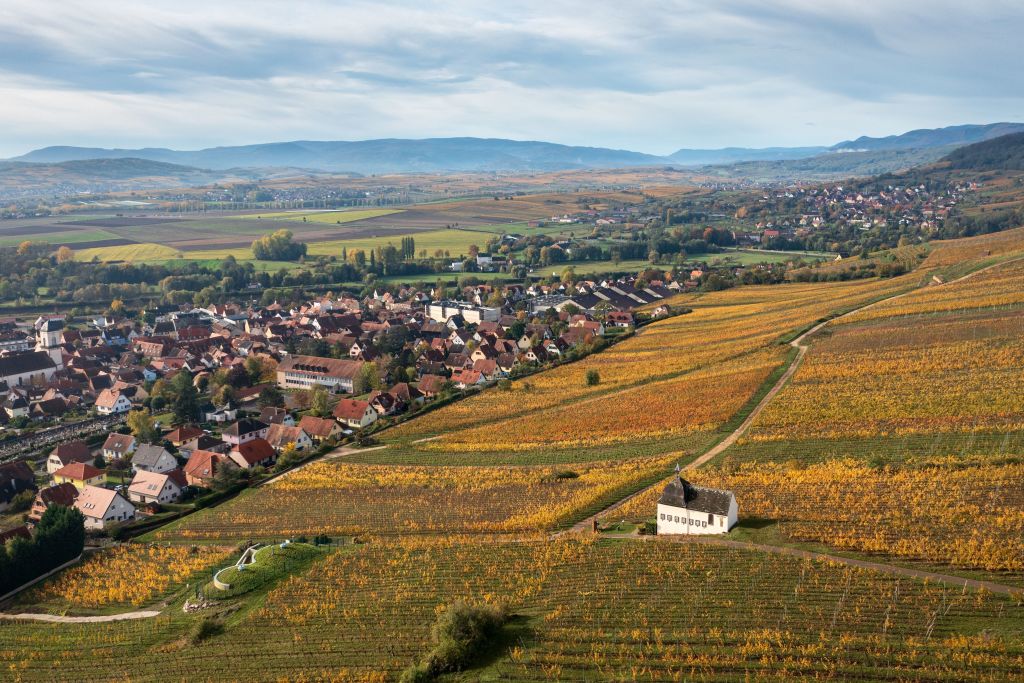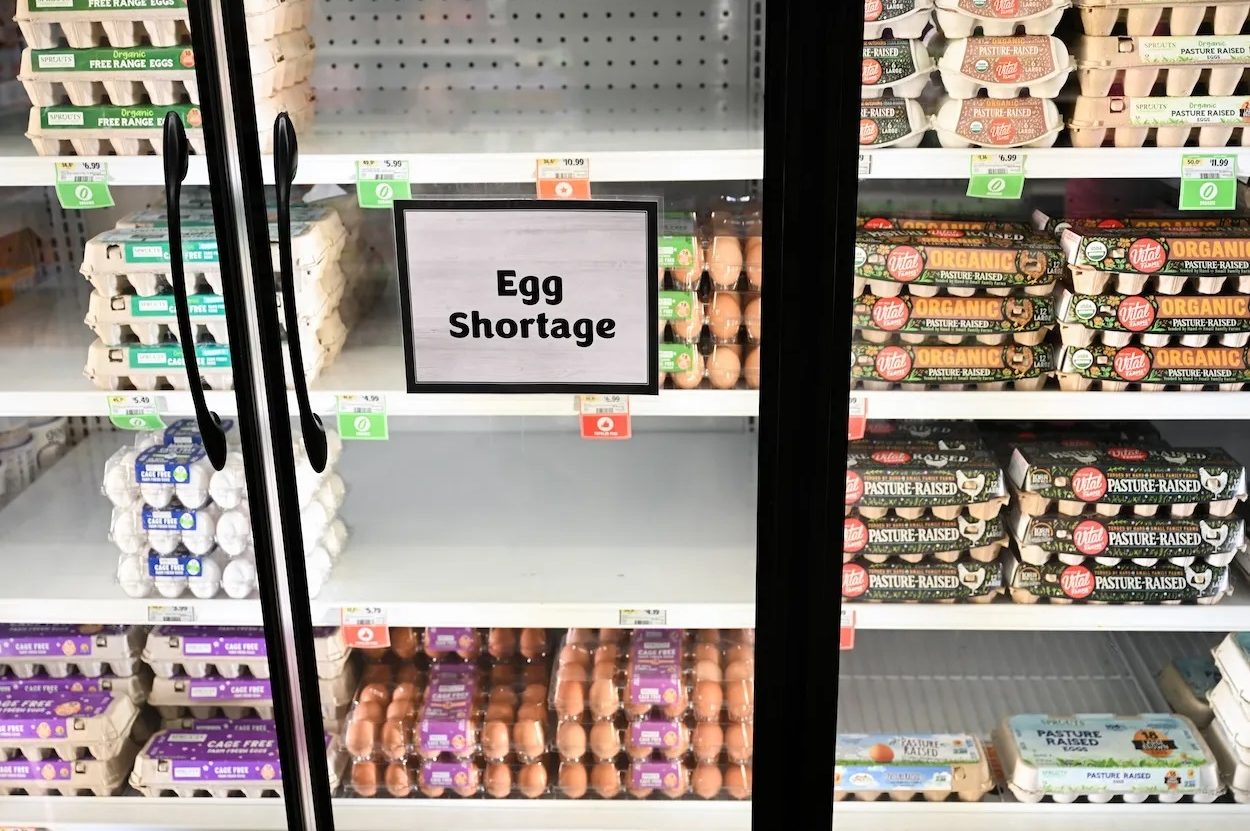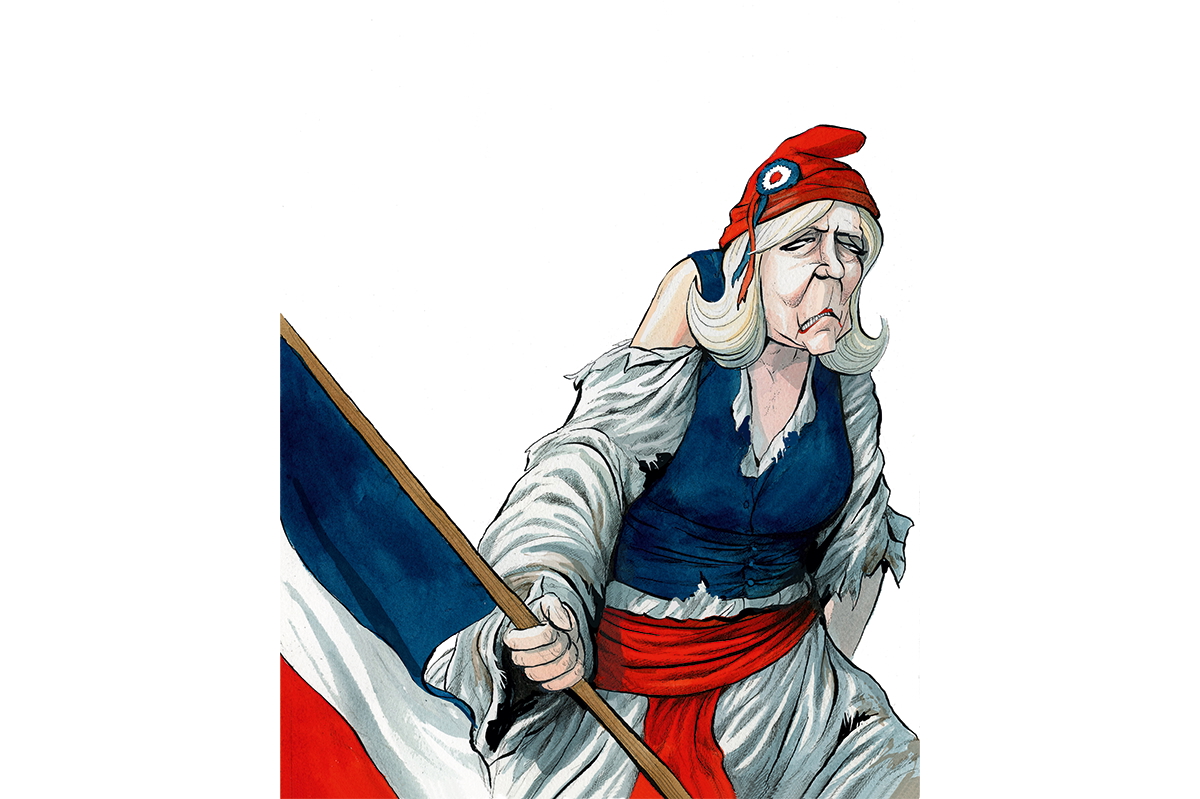Paris has enough great restaurants to maintain its claim to be the world capital of gastronomy. That said, Parisian residents insist that these days, it is possible to eat badly in their city. Yet I still think that this would require especial incompetence.
In Brussels, a strong second in the pecking order, it would be even harder. There is a splendid establishment called Comme Chez Soi. Almost one-hundred years old, it has established a worldwide reputation without losing contact with its roots. The last time I was there, I observed a couple of ladies-who-lunch, Brussels fashion. There was no question of a watercress salad on a bed of lettuce leaves, washed down with Perrier water. Occasional glances over my companion’s shoulder suggested that they started with foie gras, and the main courses looked substantial. So did the females. They were drinking what I suspect was a serious Burgundy, in balloon glasses.
I arrived expectantly, to find all expectations surpassed
If pressed, I would have identified them as a couple of sisters, both comfortably off, both comfortably widowed, no longer having to worry about drunken husbands mussing up their hairdressers’ efforts. A very Brussels scene, reminding one that the glories of Burgundian civilization were also underpinned by commerce and a powerful bourgeoisie.
For centuries, the political destiny of Flanders was linked to the rulers of Burgundy. Anyone who loves Burgundy must have regretted a great historic failure. From Charlemagne’s successors onwards, there were various attempts to establish a middle kingdom, a successor to Lotharingia, none of them enduring. Instead, the lands which would have sustained it formed a battlefield, contested down the centuries by the French and the Germans. The Rhine, which might have been a conduit for civilization’s glories, became a frontier. It did provide water for agriculture and indeed viniculture, but too often the water was mixed with blood. The Rhine-maidens recovered their gold, but the treasuries of Europe were emptied as the conquests ebbed and flowed, threatening to turn the whole of central Europe into Nibelheim.
Fortunately, full destruction was averted. It could indeed be argued that the spiritual heirs of Lothair are to be found in Brussels, trying to ensure that the EU will help Europe to transcend nationalism and its wars. Good luck to them, as long as they plan without Britain.
We were discussing this with the help of appropriate wines. A friend of mine had inherited some wine, and was worried whether some of the bottles might be past their best. He mentioned a brace of 2014 Burgundies, and I told him that there was nothing to fear. Early on, that vintage had been overshadowed by the ’15s: bigger wines. But the ’14s have matured beautifully into grace and harmony.
So I arrived expectantly, to find all expectations surpassed. Armand Rousseau’s wines have been praised here, especially his 2002 Chambertin Clos de Bèze, as fine a wine as I have ever drunk. These were not quite in that league, but both were Grands Crus, a Clos Saint-Jacques and a Clos de la Roche, and magnificent. My pal had brought them from the country, where he let his kids have easy access to his cellar. I told him to make an inventory, in case there were more treasures.
My host fully appreciated the bottles he had brought (I dread to think how much they were worth). He was not aware that previous visits to the cellar had produced anything half as good, and he was fairly sure that most of them had yielded competent claret. Anyway, we toasted the delights of Burgundy; Armand Rousseau, with especial enthusiasm.
This article was originally published in The Spectator’s UK magazine. Subscribe to the World edition here.



